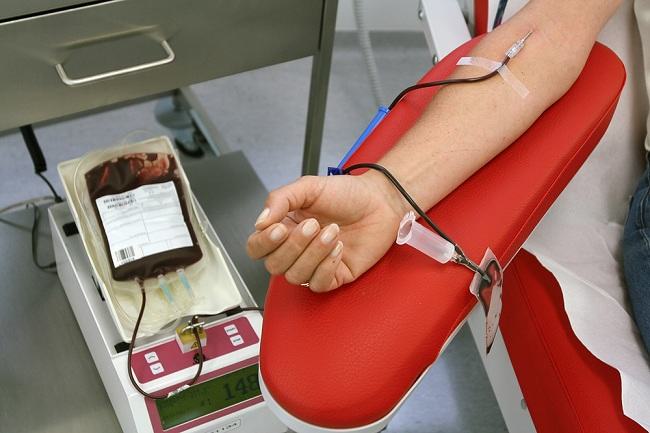Intentionally or unintentionally, many people skip breakfast, for example because they wake up late, are lazy to prepare food, or is on a diet program. In fact, breakfast is very important to meet nutritional intake before working all day day.
You need breakfast because the body needs a supply of nutrients again after you sleep and have not eaten all night. Proper nutritional intake in the morning not only helps increase energy and enthusiasm for activities, but can also prevent weight gain.

Reasons for the Importance of Meeting Nutritional Intake in the Morning
There are various reasons why you need to meet your nutritional intake in the morning through breakfast. The reasons include:
1. Increase energy
As mentioned above, breakfast can increase energy. If your body is energized from the start of the day, you can focus more on studying or working so that the task at hand can be completed better.
2. Increase kperformancebrain
Nutritional needs in the morning are met properly through a nutritious breakfast can improve brain performance. Several studies have shown that breakfast can support children's achievement in school by improving memory, sharpness of attention, concentration, and problem-solving skills.
3. Boost mood
Research also reveals that a nutritious breakfast on a regular basis can improve mood or mood. This is related to the intake of good nutrition for the brain and decreased levels of the hormone cortisol (stress hormone).
4. Prevent various diseases
Breakfast can also protect you from various diseases. Research shows that a healthy breakfast can reduce the risk of developing type 2 diabetes and heart disease.
5. Lose weight
Breakfast with a healthy and nutritious menu can help control and lose weight. With breakfast, hunger during the day can be reduced, so the desire to overeat can be avoided. In addition, the temptation to eat high-calorie foods during the day also tends to decrease if you get used to breakfast.
Various Nutrients Needed in the Morning
Breakfast is important, but you also have to pay attention to the nutrients contained in the food or drink you consume every morning. Some of the important nutrients that the body needs in the morning are:
Carbohydrate
Carbohydrates are important nutrients that play a role in increasing energy quickly. Eat carbohydrates that also contain fiber, such as potatoes with the skin, brown rice, and a variety of fruits and vegetables, to maintain an ideal body weight and nourish the digestive system.
Protein
Not only as a source of energy, protein is also an important nutrient intake in the morning because these nutrients can make you feel full longer so that it can reduce the desire to overeat.
Vitamin
Make sure your breakfast contains a variety of important vitamins and minerals, such as B vitamins, vitamin D, calcium, magnesium, folate, and iron. These nutrients play an important role in producing energy and supporting activity. In addition, the morning is also believed to be the best time to take vitamins.
You can find the variety of nutrients above in various types of food, such as cereals, oatmeal, sandwich, egg, yogurt, fruit and nuts. For those of you who don't have much time to process these foods in the morning, milk can be a practical and healthy alternative breakfast menu.
However, before consuming milk, pay attention to the nutritional content in it. Make sure the milk you consume contains a variety of important nutrients that the body needs, such as carbohydrates, proteins, vitamins, and minerals.
Vitamins in milk that are highly recommended include vitamins A, B2, B12, and E. While important minerals that should be contained in milk are calcium, phosphorus, magnesium, zinc, selenium, and sodium.
Get enough nutrition in the morning so that your health is maintained and you are ready to start activities. However, also pay attention to the type of nutrition you consume. Avoid foods that are high in calories but have low nutritional value, such as pancakes, muffins, fruit juices that are high in sugar, jam-packed bread, or processed French fries.
If you have certain medical conditions, don't hesitate to consult a nutritionist to get advice on choosing a breakfast menu that suits your health condition.









